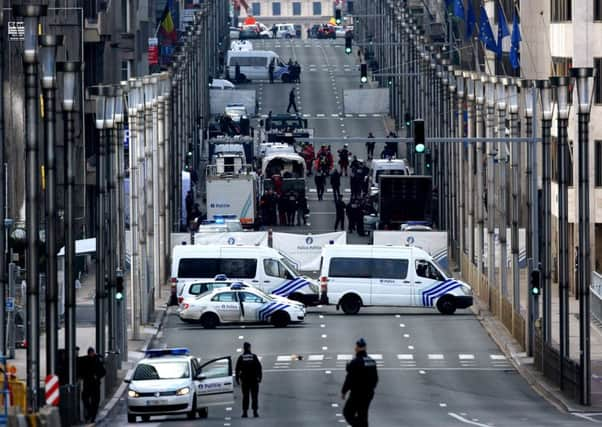Dr Gilbert Ramsay: Belgium was never seen as a target


The difficulty is that it is not a case of what the Belgian state has been doing for this to happen, it’s more what it has not been doing. A lot of the time, French-speaking extremists who might have more normally focused on France were in Belgium, as it was a less stringently regulated state and they have found it a relatively easy place to operate. During the Algerian civil war, France was very much a target for extremism and so in more recent times, France has tended to be a less hospitable environment for terrorism than Belgium has been.
There are fewer restrictions on going there. Belgium is a very multicultural state and I am not sure it has handled its multiculturalism very well. There are very deprived, French-speaking parts of the country and more prosperous Flemish-speaking parts. It is a country which is very much unequal, and which is difficult to integrate into. But as Belgium has not previously been a target, it has had no incentive to improve its terrorism response.
Advertisement
Hide AdAdvertisement
Hide AdThere has been the same growth of extremist groups seen in the UK and elsewhere, but Belgian authorities have not been as efficient in dealing with them.
Islamic State wants to split Europe, it wants to radicalise. IS sees an imperative part of its raison d’etre as the persecution of Muslims and to perpetuate that, it needs that to happen. It also sees itself as exacting vengeance.
We will probably see more attacks like this in Europe. But as terrorism becomes more sophisticated, so does counter-terrorism. While it will probably always be necessary for counter-terrorism teams to keep the threat under control, we are in a much stronger position than 15 years ago, in the days after 9/11, in terms of international sharing of information.
l Dr Gilbert Ramsay is a lecturer in International Relations at the Centre for the Study of Terrorism and Political Violence at the University of St Andrews